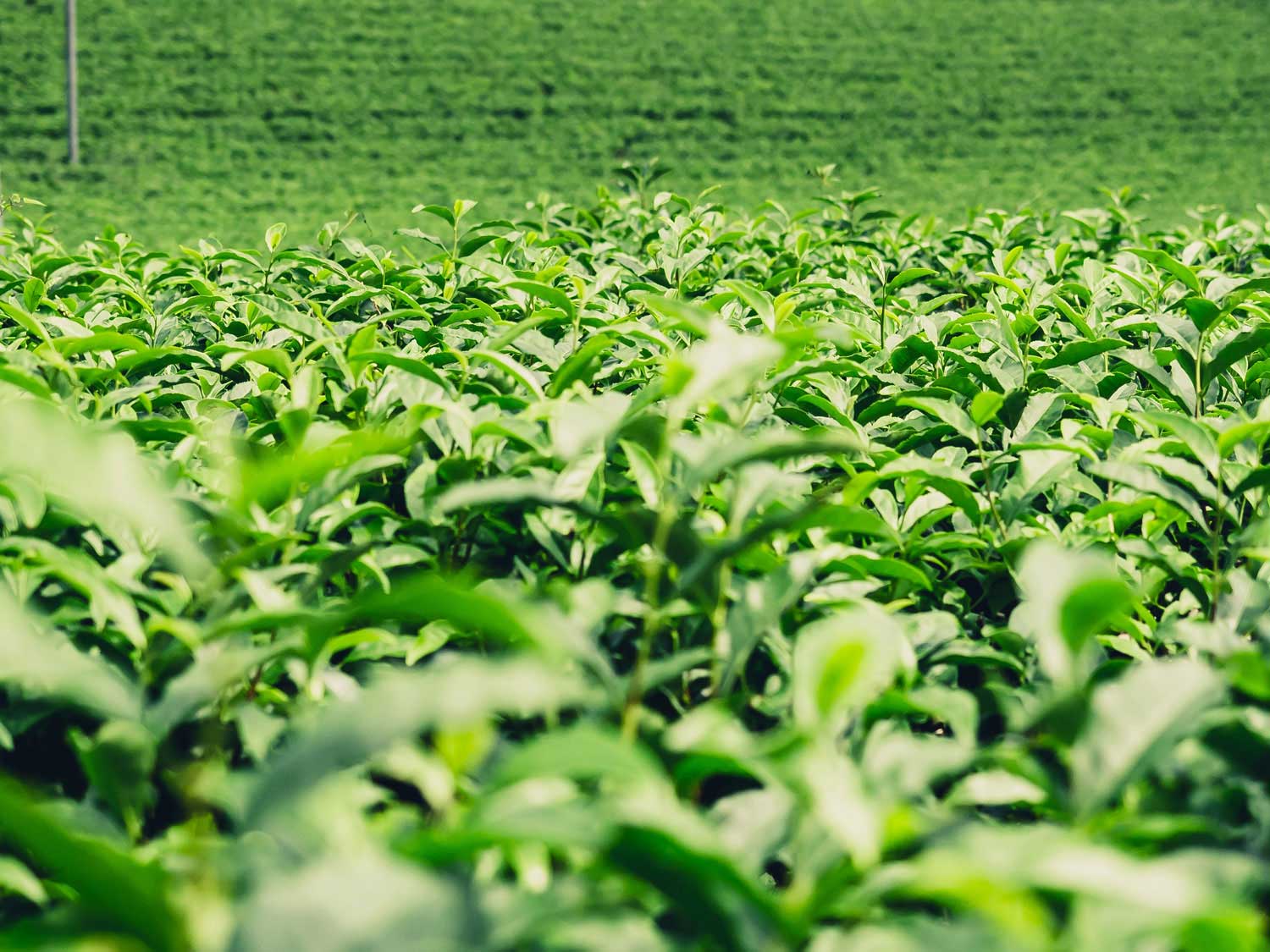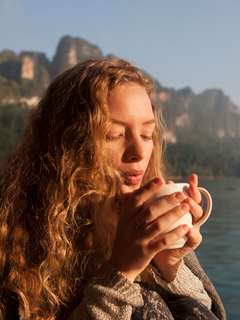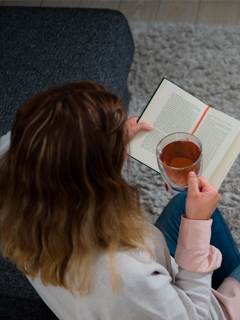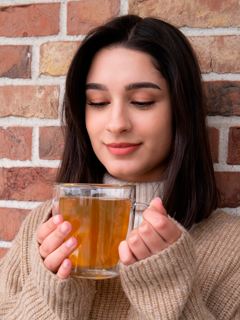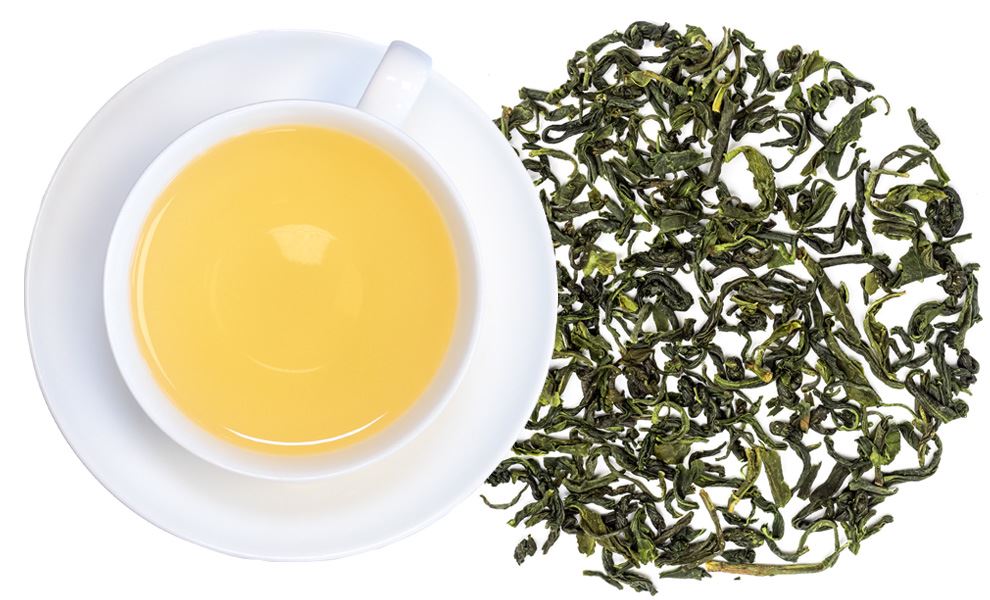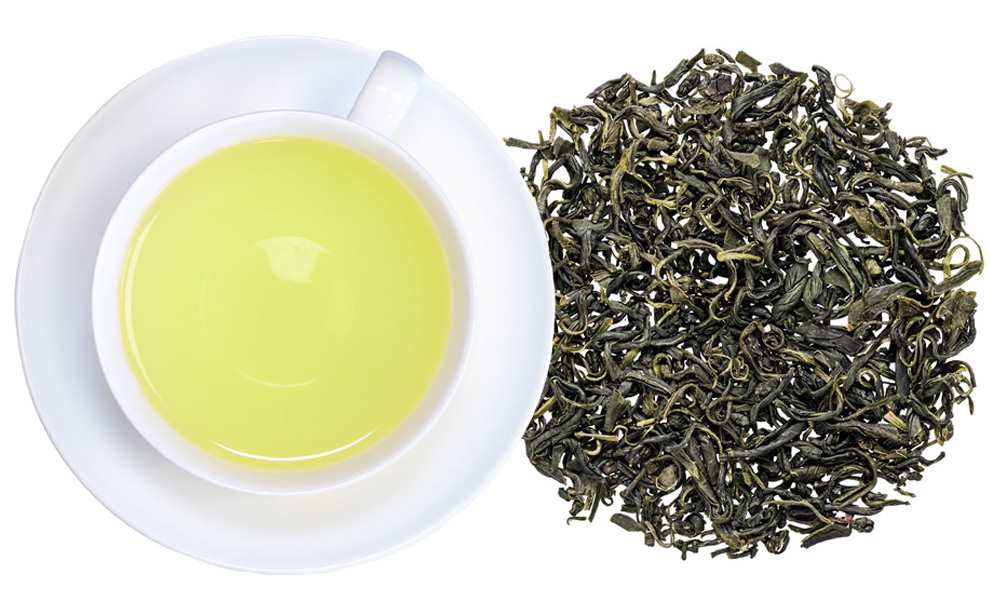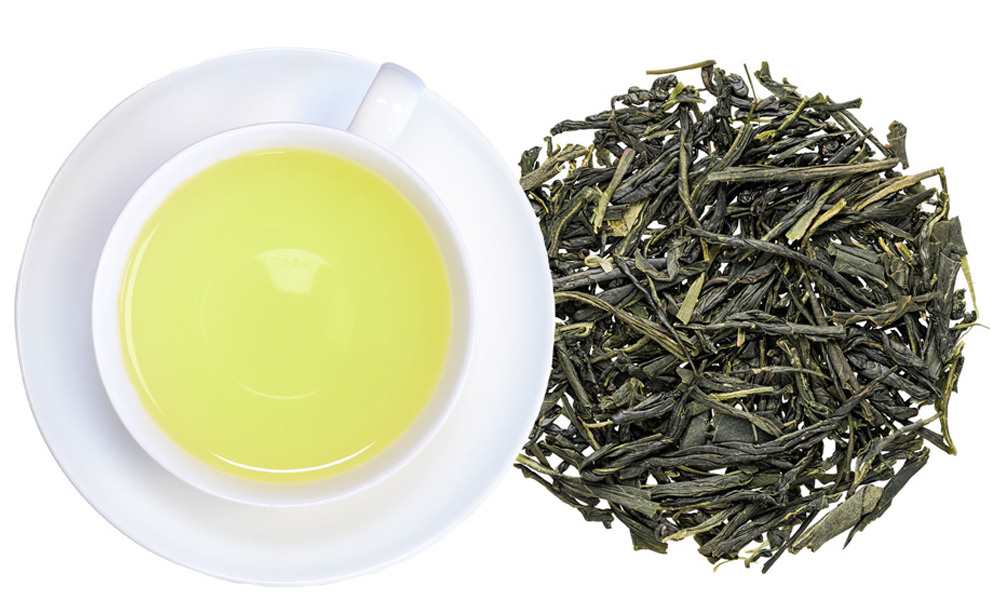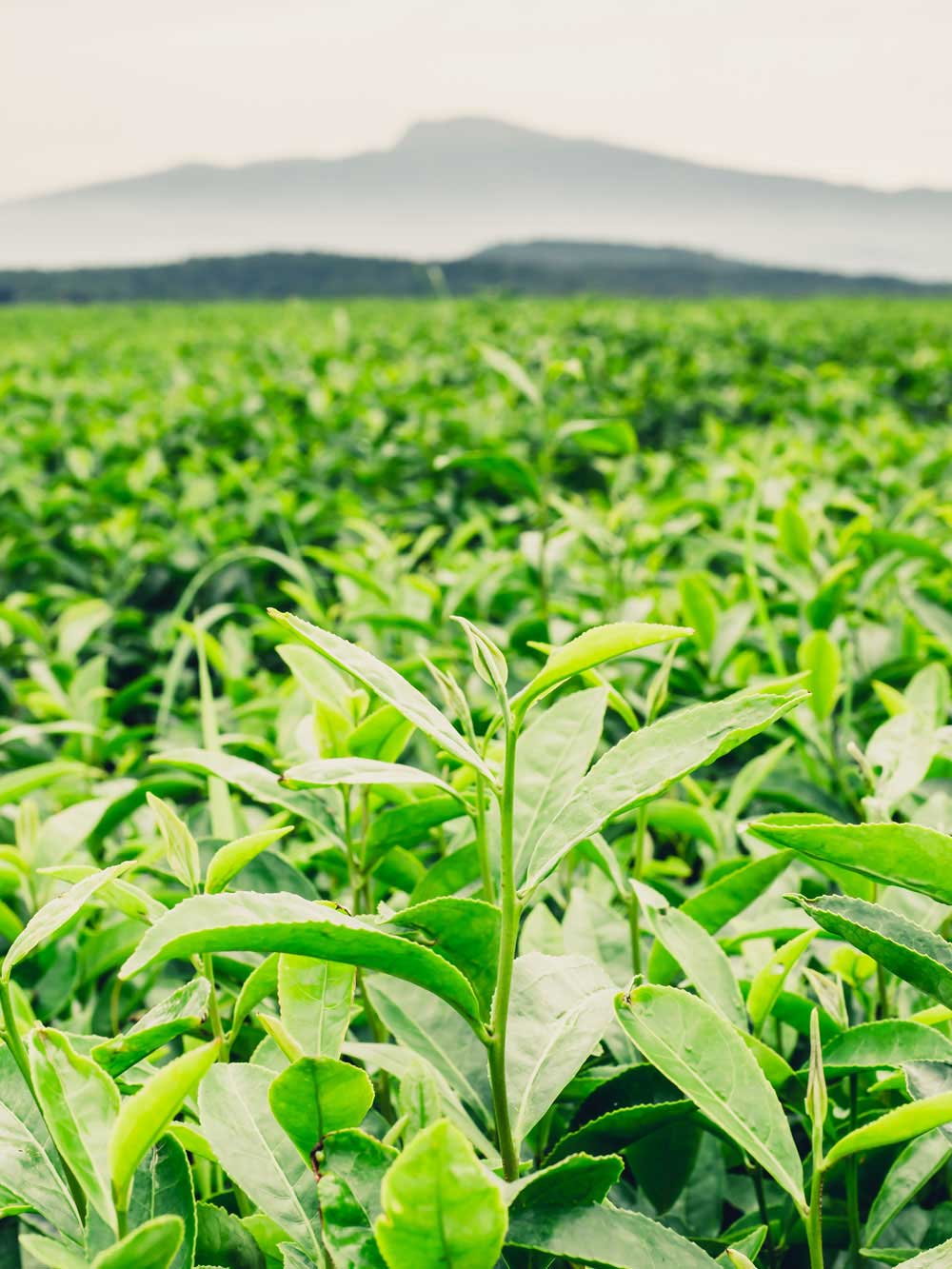
Tea from South Korea - Sencha in a class of its own
On the island of Jeju, south of the Korean peninsula, lie the tea gardens from which TeeGschwendner has been sourcing the new discovery of the decade for some time now, which has even been rated "very good" by Ökotest magazine.
The island's unique micro-climate and volcanic soil are the basis for the extraordinary quality of the tea bushes. The same applies to organic farming, technically perfect processing and the utmost care taken by the tea farmers during cultivation, harvesting and processing.
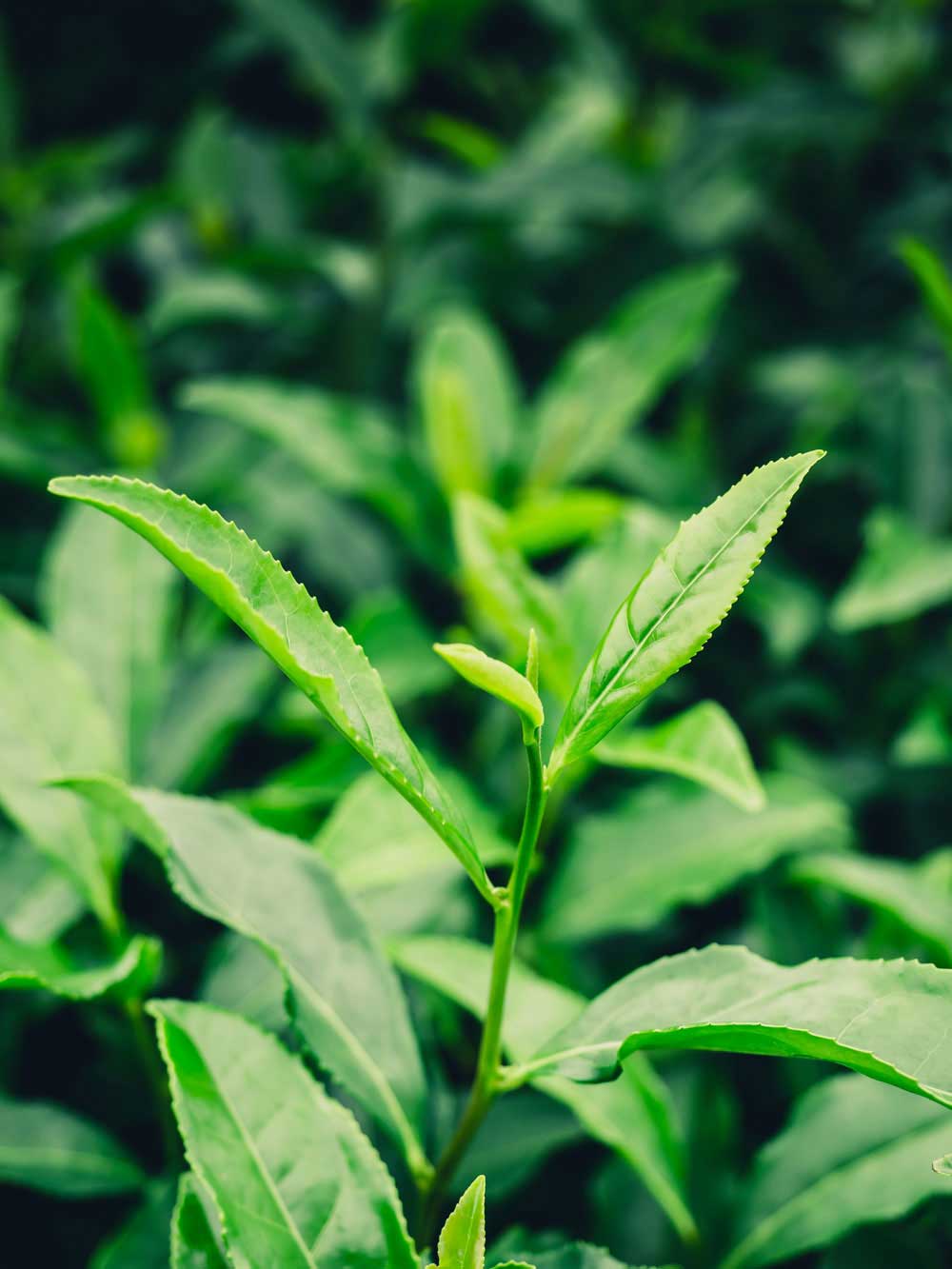
Tea from the foot of the volcano
Tea has a long tradition in the "Land of the Morning Calm". At over 1500 years old, South Korea's tea culture is even older than that of Japan. However, Korean tea, mostly green tea, did not make it to the West for a long time. Deep in the south, off the coast of the country, lies the volcanic island of Jeju, surrounded by the East China Sea. Not only is it home to a large nature reserve, it is also home to South Korea's highest mountain, Hallasan (1950 metres). Like the entire island, Hallasan is of volcanic origin, creating perfect conditions for tea cultivation. Today, Japanese tea plants grow on Jeju's rich soil and are also processed in the same way. The Seogwang tea field in particular has been synonymous with top-quality organic tea since 1983 and is now firmly established among the world's greats.
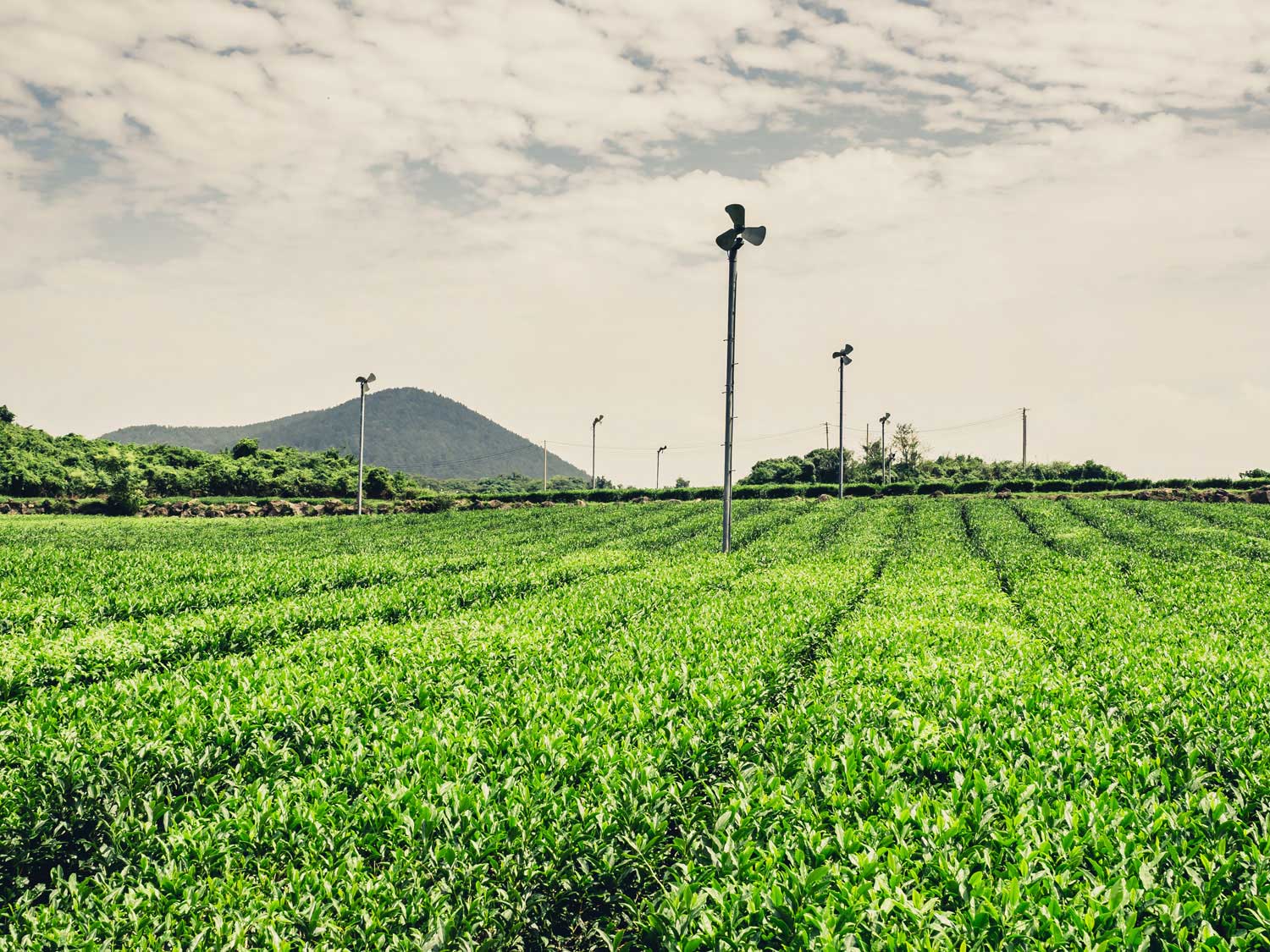
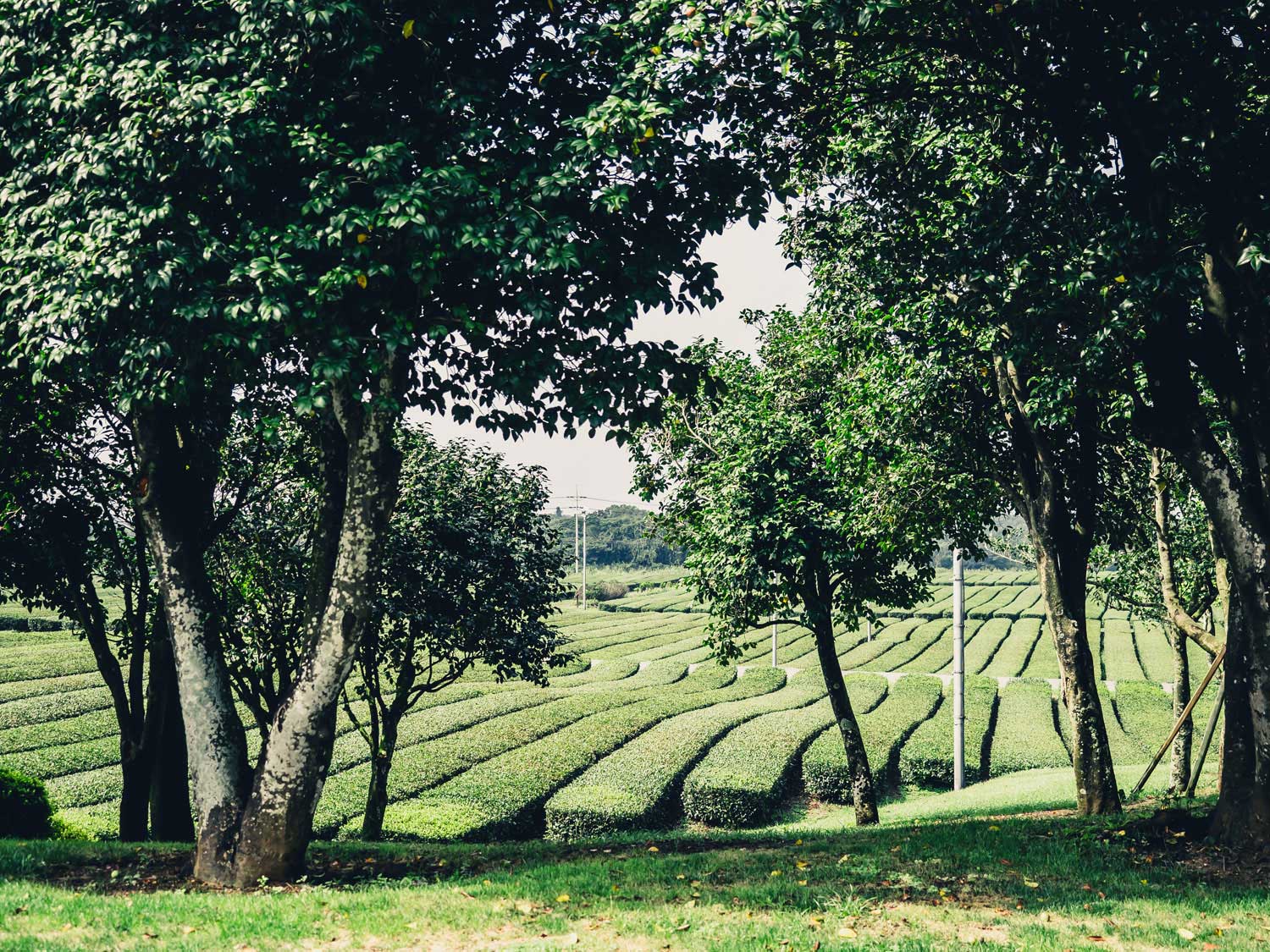
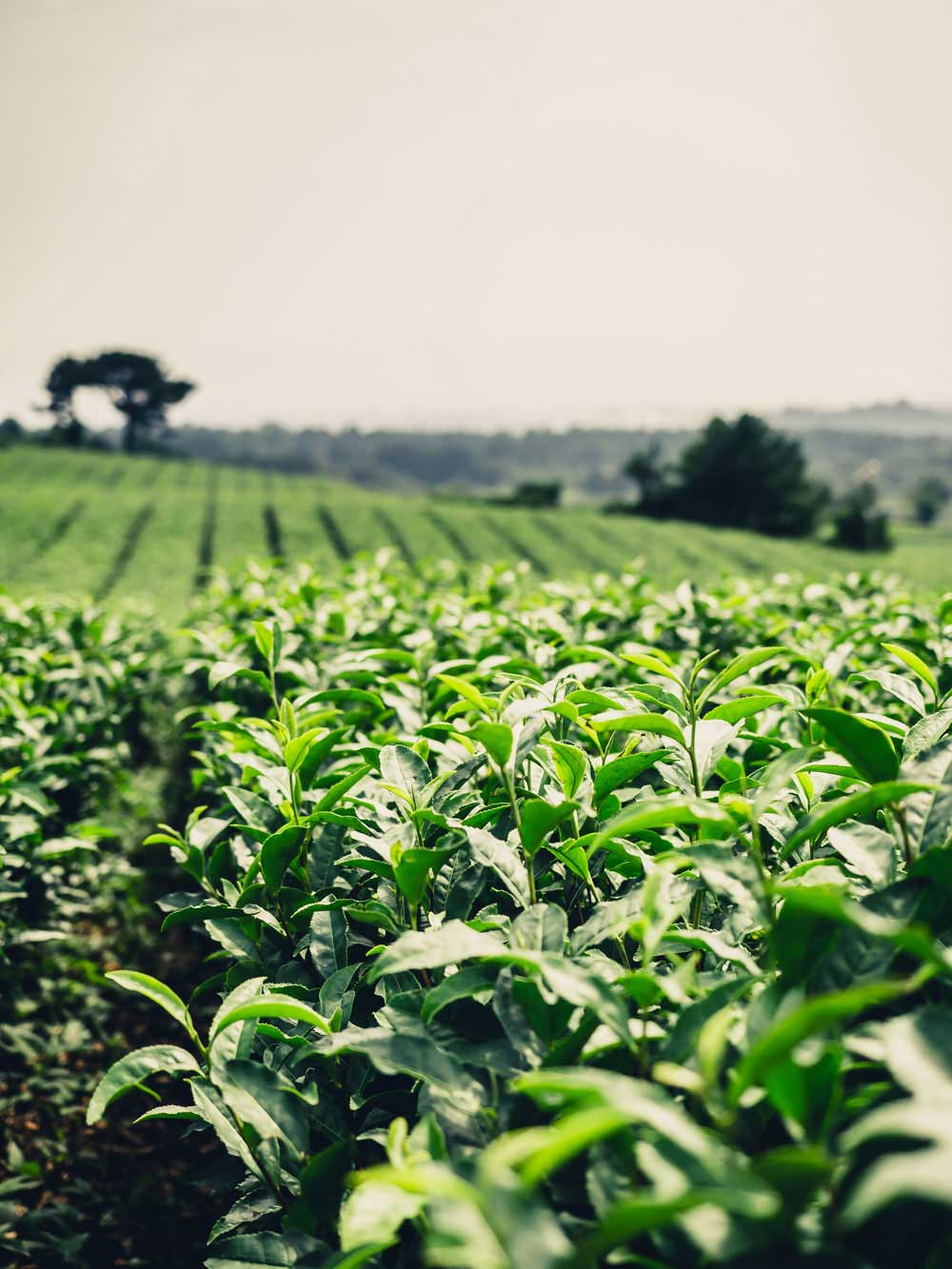
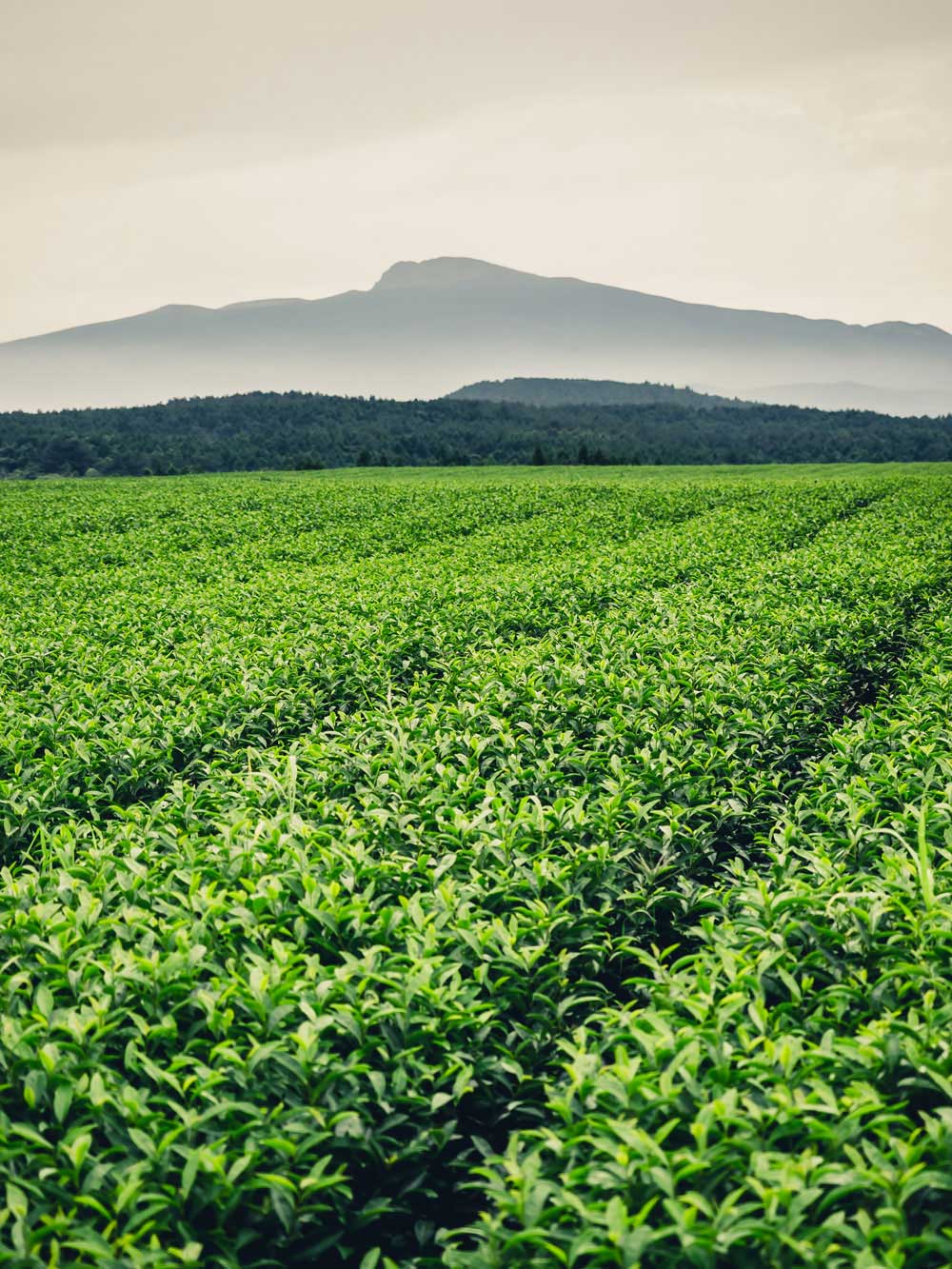
Coastal wind provides ideal climate conditions
The tea fields on Jeju Island are located in the south-west, close to the coast. The constant and fresh sea breeze here prevents the tea fields from heating up too much in the sun.
Just like in Japan, mechanical harvesters, i.e. highly specialised harvesting machines, are used to pick the tea. These enable a quality standard that is equal to hand-picking and also ensure that the fresh leaves are transported quickly to the factory. The same leaves are harvested for Seogwang No. 590 and Seogwang Sencha No. 591. The only difference between the two teas is the further processing.
The Seogwang Sencha is treated with hot steam after arriving at the factory, while the classic Seogwang is briefly heated in large cast-iron pans, which gives it its characteristic shape. Both methods are known to prevent the onset of fermentation. Finally, the sencha is moulded into its typical needle shape using special mechanical pendulums.
